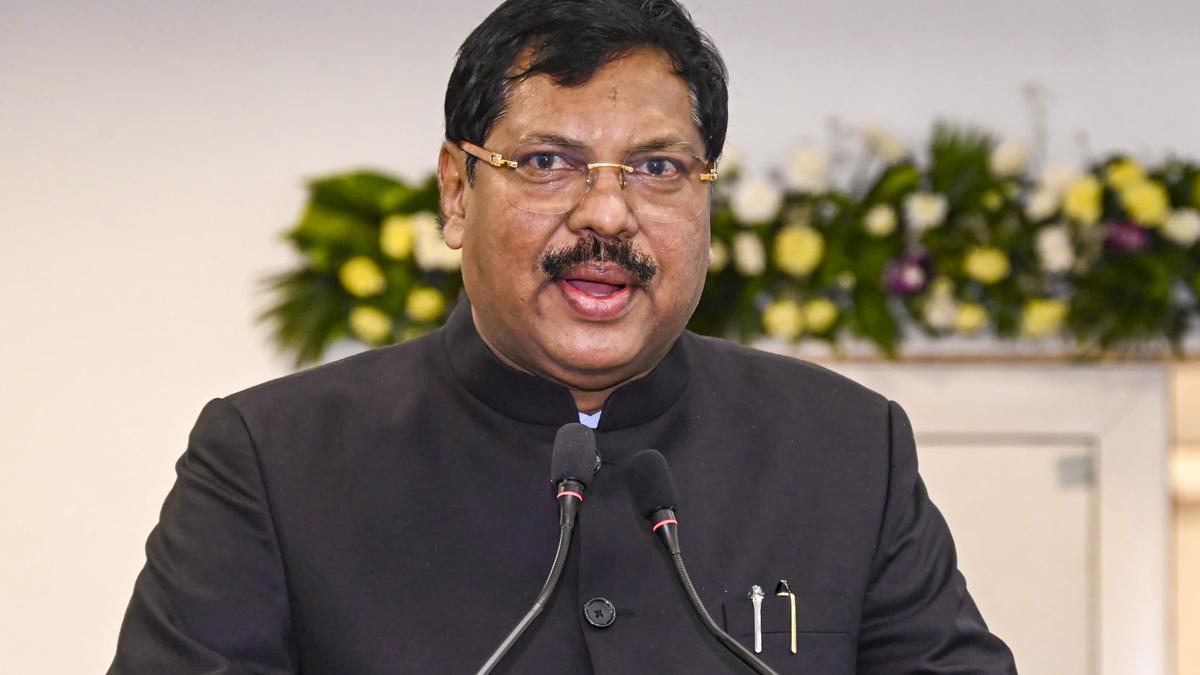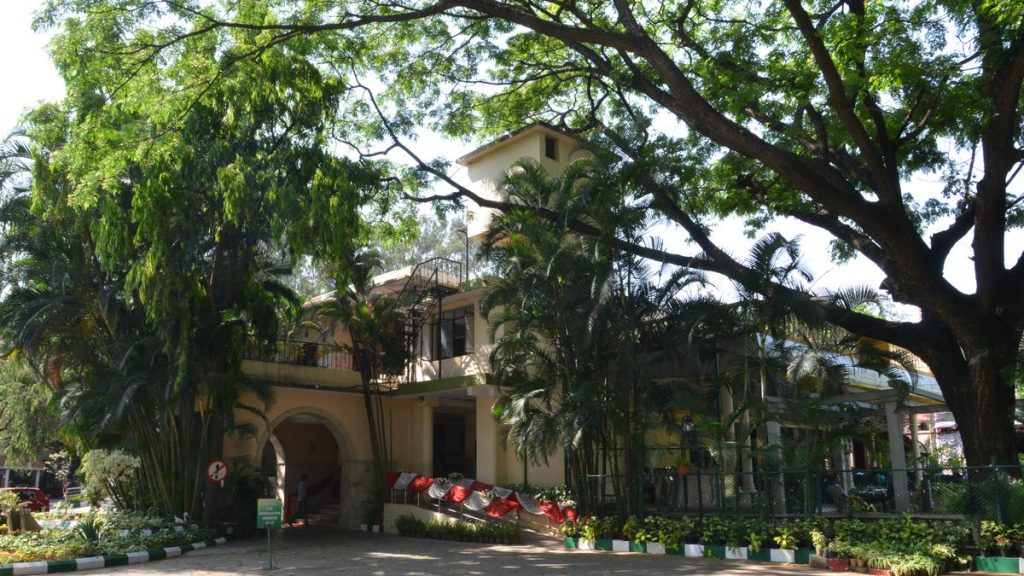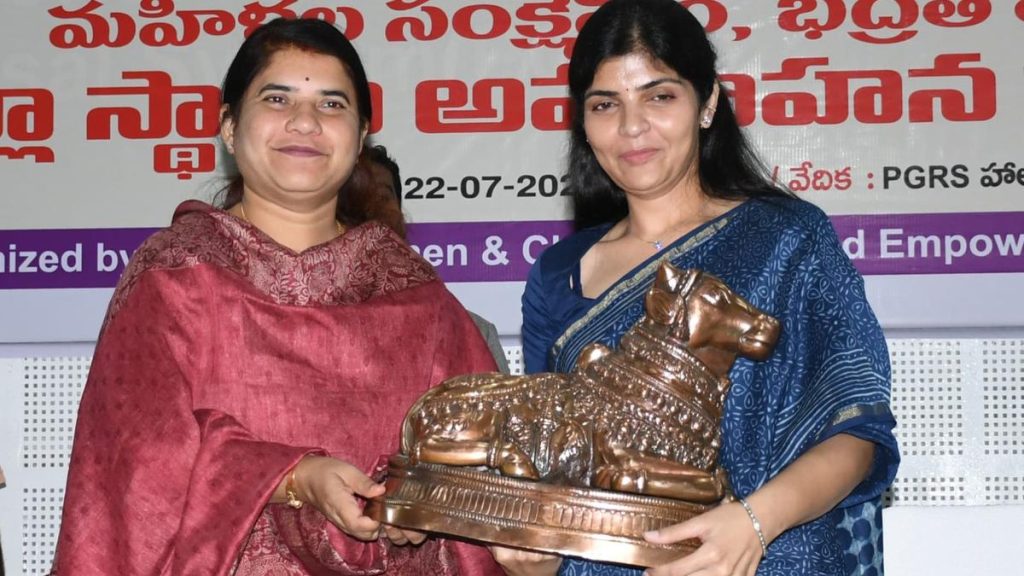Now Reading: Supreme Court: Presidential Reference Impacts All States, Addresses Key Questions
-
01
Supreme Court: Presidential Reference Impacts All States, Addresses Key Questions
Supreme Court: Presidential Reference Impacts All States, Addresses Key Questions

Quick Summary
- A five-judge Constitution Bench led by Chief Justice of India (CJI) BR Gavai is set to examine President Droupadi Murmu’s queries on whether judicial powers can impose timelines for the President and Governors in reviewing State laws.
- The Presidential Reference hearing will commence in mid-August, with notices issued to all States and the Center, returnable within a week.
- The Reference seeks clarity under Article 143 regarding Articles 200 (assent by Governors) and 201 (Bills reserved for Presidential assent), questioning if courts can prescribe timelines and procedures via judicial orders.
- Concerns raised include the validity of “deemed assent” introduced in an April 8 Supreme Court judgment involving Tamil Nadu’s dispute over delayed clearance of Bills by its Governor.
- Questions were posed about whether such ample constitutional matters should be addressed solely by larger Benches as mandated under Article 145(3).
- Attorney-General R. Venkataramani, Solicitor General Tushar Mehta, and multiple senior advocates are involved in this case representing various parties, including Tamil Nadu and Kerala states.
Indian Opinion Analysis
The upcoming Supreme Court hearing holds meaning as it addresses critical aspects of governance-specifically judicial oversight over constitutional roles performed by the President and Governors.On one hand, proponents may argue that imposing judicially enforceable deadlines ensures efficiency in granting assent to State Bills, which are expressions of elected legislatures’ will. On the other hand, opponents caution that such constraints may compromise constitutional independence afforded to these high offices.
Furthermore, this case encapsulates broader debates surrounding Article 142’s application for “complete justice.” while past rulings utilized this provision innovatively to address procedural gaps like those faced by Tamil Nadu’s legislature against perceived gubernatorial delays or decisions contradicting democratic principles-it now invites scrutiny regarding its limits vis-à-vis substantive powers outlined under Articles 200/201.
the implications lie not just at theoretical levels but extend practically nationwide-for any ruling could establish precedents impacting Center-State dynamics across India’s federal structure moving forward.
read More: the Hindu
























